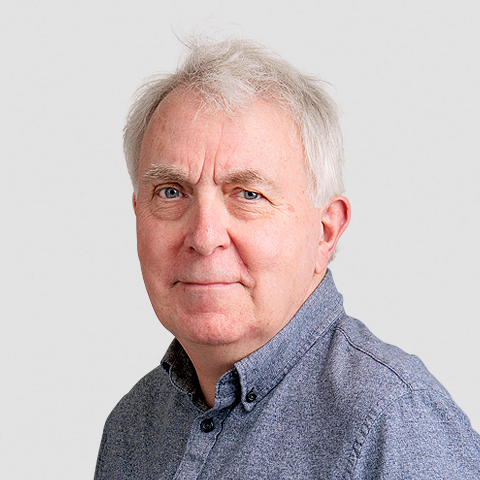Scientists have created the first clone of an adult animal. They have taken a cell from a sheep's udder and turned it into a lamb.
The development is a landmark in biological research - and a triumph for UK science, one that should lead to breakthroughs in work on ageing, genetics and medicines.
But cloning is also likely to cause alarm. The technique could be used on humans, drawing parallels with Huxley's Brave New World and the film The Boys from Brazil, in which clones of Hitler are made.
Human cloning, although now close to reality, would be illegal under the laws governing fertilisation research. No responsible biologist would support such work, say scientists.
The crucial cloning experiment took place at the Roslin Institute, near Edinburgh. A team lead by Dr Ian Wilmut took a single cell - from the udder of an adult sheep - and turned it into a viable embryo, which was implanted in a surrogate mother. A few weeks ago that sheep gave birth to a lamb, Dolly, due to be introduced to the public for the first time on Wednesday. Dolly is genetically identical to the sheep from which the cell was taken.
Until now scientists have achieved only limited results in cloning animals, though the procedure is common in plant breeding. In one case tadpole cells were used to clone frogs. This is the first time a viable offspring has been grown from an adult animal's cell, however
This success follows years of pioneering work at Roslin. Last year the team made news worldwide when it cloned sheep embryos. The researchers took an egg from a sheep and removed the nucleus containing its genetic material. Then they took a cell from an immature embryo from a different sheep and removed its nucleus. This was then used to replace the nucleus removed from the egg of the first sheep.
Out of 250 attempts, two embryos developed into lambs: Morag and Megan, clones of the original embryo. But early embryo cells are easier to clone than adult ones because they have not differentiated into muscle, heart or brain cells.
The new breakthrough has been achieved by Dr Wilmut and colleagues by creating chemical baths in which adult cells - in this case from a sheep's mammary gland - can be soaked. In this way, their nuclei are turned into a quiescent state. The division of each nucleus's genetic material is slowed down, which ensures these nuclei are beating at the same rate as the egg cells into which they are placed.
As a result, the team was able to remove the mammary gland cell's nucleus, treat it and then place into a different sheep's egg cell. This embryo remained viable, and developed into the flesh, bones and fleece of Dolly.
The breakthrough has enormous importance, much of it immediate. For example, it is now possible to genetically engineer sheep so they make human medicines, such as blood clotting factors, in their milk - though the procedure is awkward. By cloning such an animal it will now be possible to create flocks of medicine-making sheep.
And by using an old animal's genes to make an embryo, scientists will gain new insights into ageing. The accumulation of tiny genetic errors is thought to produce changes to the body as an animal grows old. Now scientists can study those processes in detail.
However, it is the prospect of cloning people, creating armies of dictators, that will attract most attention. The Roslin technique could, theoretically, be used on humans. A sheep is a complex mammal, after all, so cloning one raises concerns. Whether anyone would wish to clone a human is a different matter.
